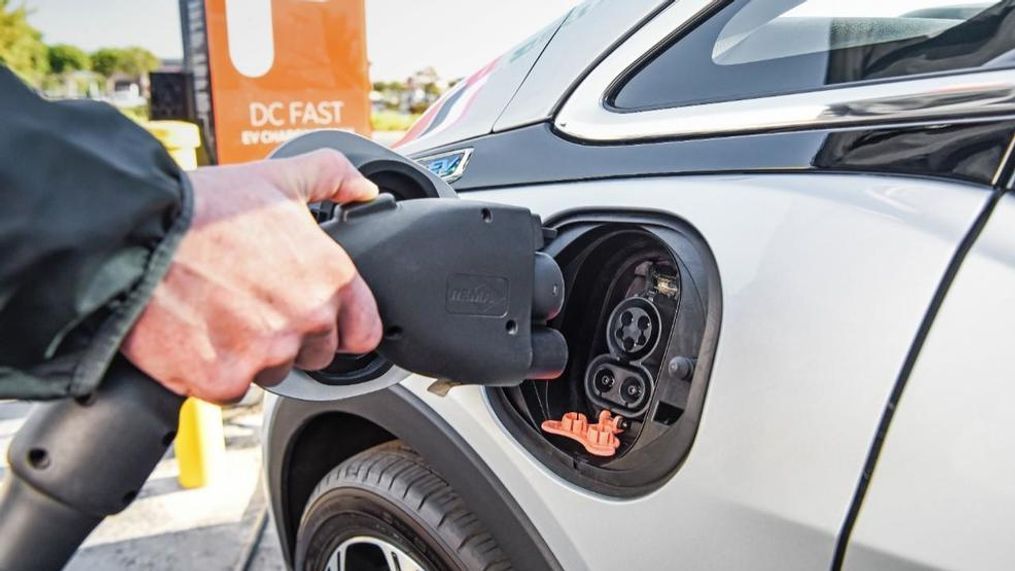EV tax credit extension gets bipartisan juice in Senate

Despite President Trump's efforts to torpedo electric-car tax credits, extending them has become a bipartisan effort in the Senate.
In the face of the tax credits winding down first for automakers who've sold hundreds of thousands of electric cars, several Democrats and Republicans proposed a bipartisan bill Wednesday that would extend tax credits to all automakers.
MUST READ: Commentary: Overdue for reform, EV tax credit needs reasonable limits
The Driving America Forward Act counts among its key sponsors Michigan Democrats Debbie Stabenow and Gary Peters, Tennessee establishment-Republican Lamar Alexander and Maine Republican-centrist Susan Collins. Michigan Democratic Rep. Dan Kildee signaled his support in the House as well. Automakers including General Motors, Fiat Chrysler Automobiles, Tesla, Honda, Toyota, Ford, Nissan and Volkswagen have supported the effort.
“We have a cap that’s got to go up,” Stabenow said last week, according to Reuters. “I want to get this done as soon as possible.”
Unlike partisan Democratic proposals that would simply extend the tax credit for 10 years for all automakers, before ending them abruptly, the Driving America Forward Act would boost all automakers' available credits from 200,000 (which Tesla and GM have already surpassed) to 600,000, but lower the amount on the last 400,000 credits to $7,000, rather than $7,500.
DON'T MISS: 2020 Trump budget would pull plug on electric vehicle tax credit
Tesla saw a dramatic drop in sales in the first quarter of 2018 after the tax credits on its cars was cut in half, despite lowering prices.
It would also shorten the wind-down time after automakers reach those new limits from 15 months to 9 months.
CHECK OUT: What happens to electric-car sales when tax credits sunset? Each maker differs
Electric vehicles from new manufacturers, such as new startup electric-carmakers or new Chinese automakers (or other imports) entering the U.S., could be eligible. It would not put a cap on the potential costs of the tax credits, but estimates that it will cost taxpayers $11.4 billion over 10 years. (The proposal would also extend the current $7,500 tax credit on fuel-cell vehicles through 2028.)
With both Republican and Democratic support in the Senate, the proposal may face headwinds in Congress from dissenting members as well as an administration that has favored ending electric-car tax credits completely.
Read more from Internet Brands Automotive:
